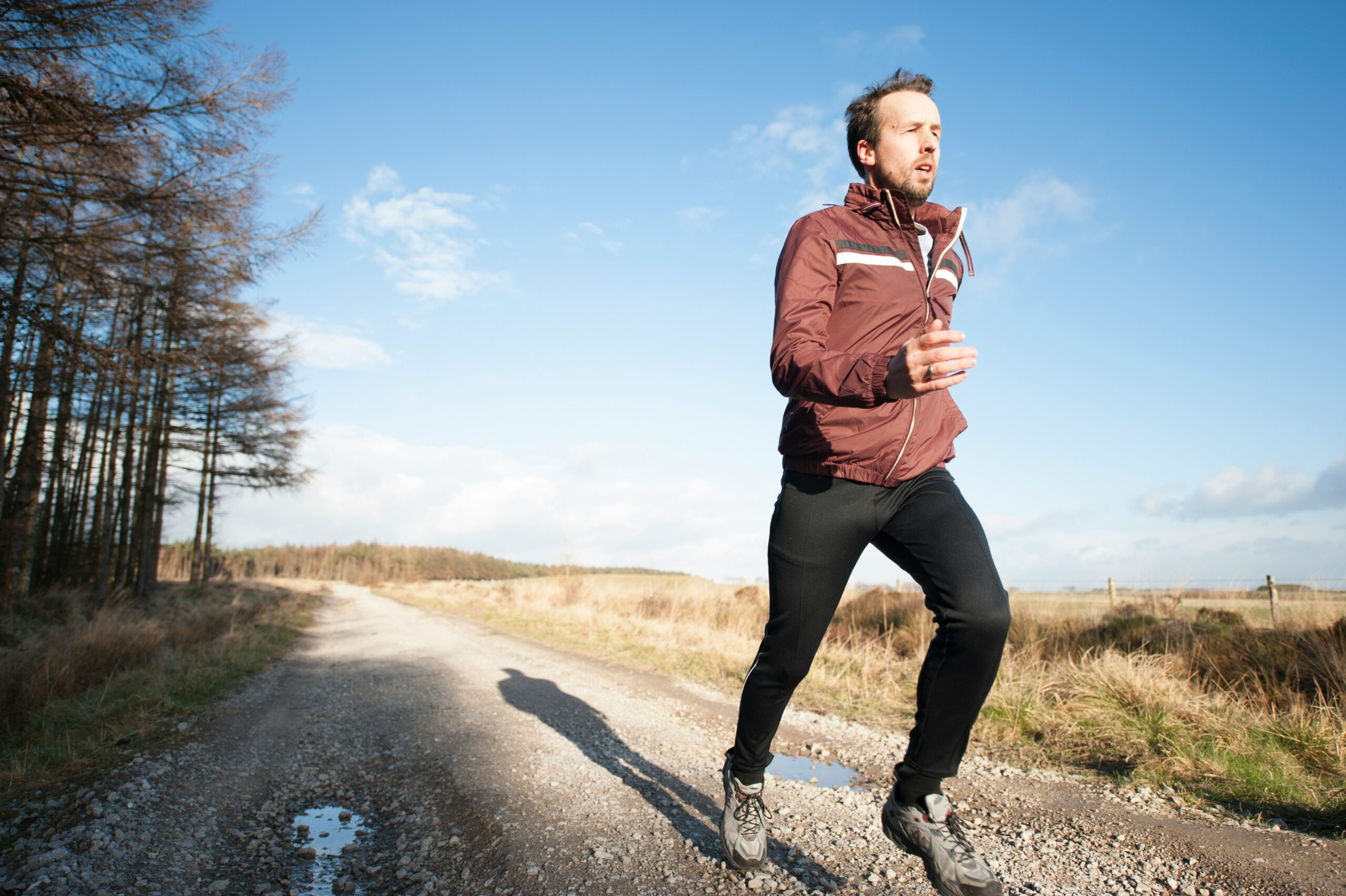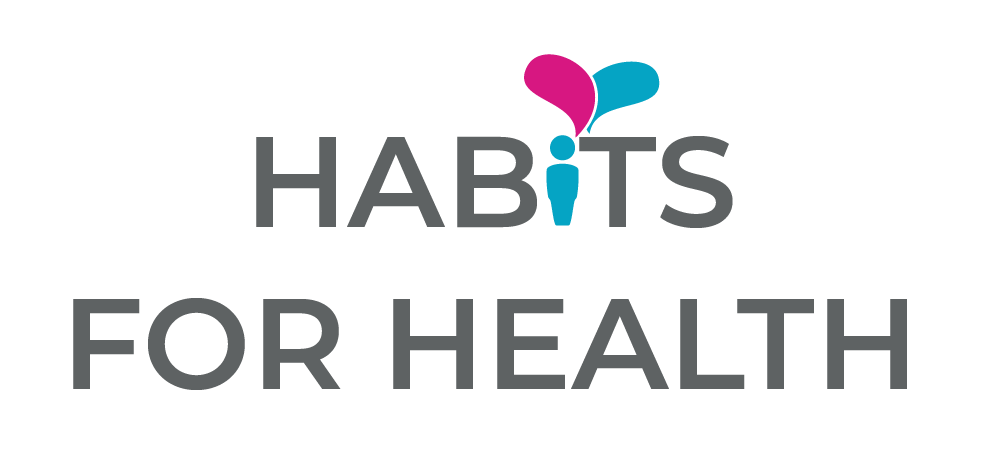Have you ever wondered what the best time to exercise is for you? The answer isn’t as straightforward as you might think.
The best time to exercise depends on several factors, including your goals, age, and gender. However, there are some general guidelines to help you decide when to lace up your trainers and break a sweat.
Let’s dive into the science and explore how different times of day can impact your workout routine.
Morning Workouts: A Great Start to the Day
Studies suggest that morning exercise is particularly effective for fat burning, especially for women. Women going through menopause may also find morning workouts helpful for balancing hormones. For men, the difference between morning and evening workouts is less significant, but morning activity can still help with establishing a routine and jumpstarting the metabolism.
However, if you suffer from high blood pressure, the morning may not be the best time to exercise. This is because cortisol levels, which naturally spike in the morning, already contribute to raising your blood pressure.
Afternoon & Evening Workouts: For Peak Performance and Health
If your goal is peak physical performance, then the afternoon or early evening is the way to go. Studies show that performance tends to improve as the day progresses, peaking between 4 pm and 8 pm. This means activities requiring strength, endurance, or flexibility may benefit most from afternoon sessions.
In terms of cardiovascular health, afternoon exercise has its perks. By this time of day, cortisol levels stabilise, making it safer for those with high blood pressure to work out.
For individuals with Type 2 Diabetes, exercising in the afternoon particularly after eating can help effectively manage blood sugar levels. Regardless of the time, the important takeaway here is to move as often as possible.

Thinking About Sleep? Choose Your Best Time to Exercise Wisely
If you’re exercising later in the day, aim for low-intensity workouts. Activities such as yoga or light walking in the afternoon or evening can promote better sleep quality.
Competitive or high-intensity workouts late at night are best avoided, as they raise heart rate and body temperature, potentially making it harder to fall asleep.
So, When Should You Exercise?
The absolute best time to exercise is the time that works for you! While morning workouts may make the most of our natural biological rhythms, and afternoons are better for peak performance or specific health conditions, the most important message is this: any exercise is better than none.
Our lives are busier than ever, so if you’ve carved out time to move, whether it’s at the crack of dawn, during lunch, or after dinner, you’ve already chosen the perfect time for YOU.
If you would like to start building movement habits into your day but aren’t sure where to start, then explore our Habits for Health programme!
